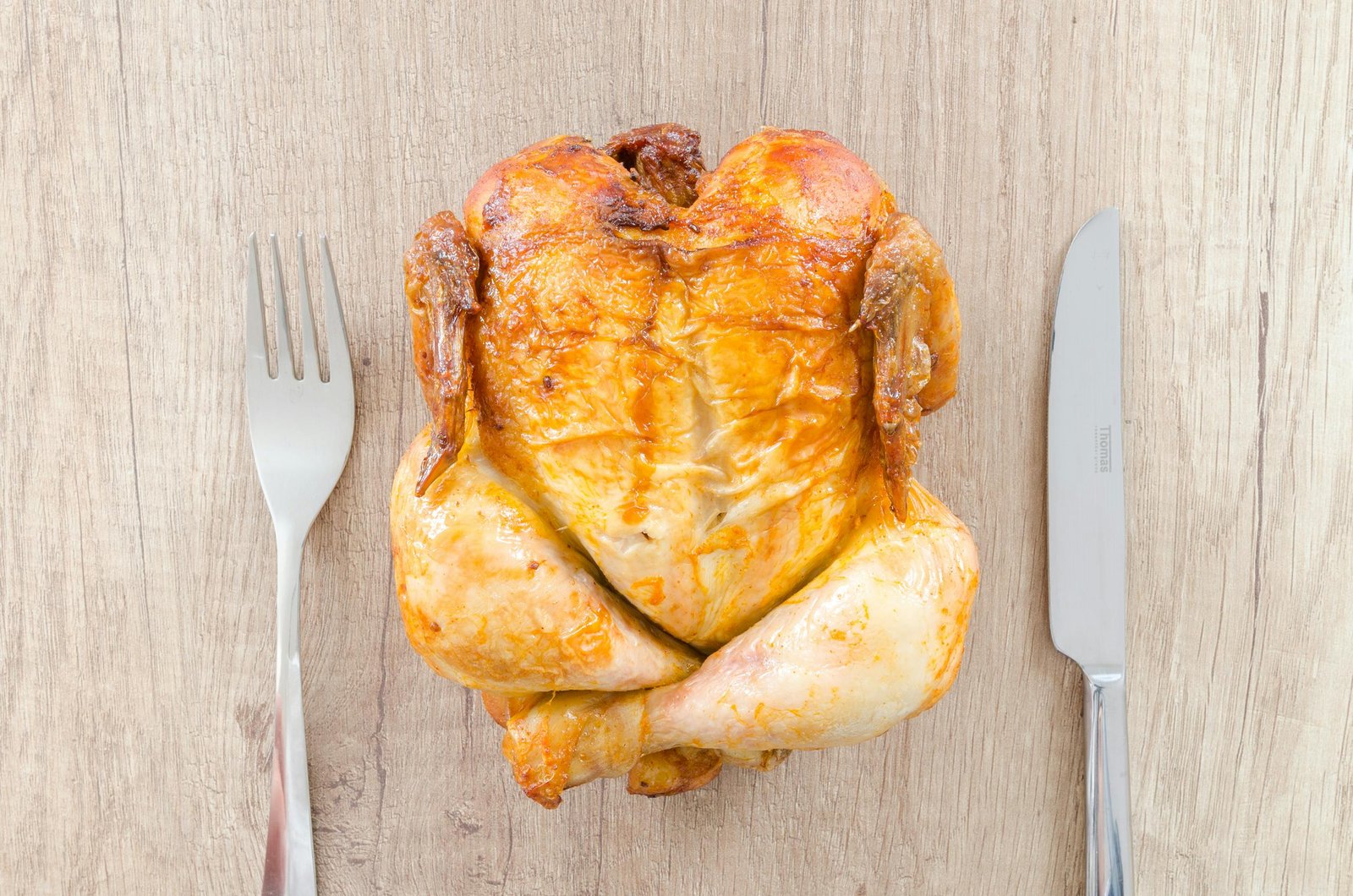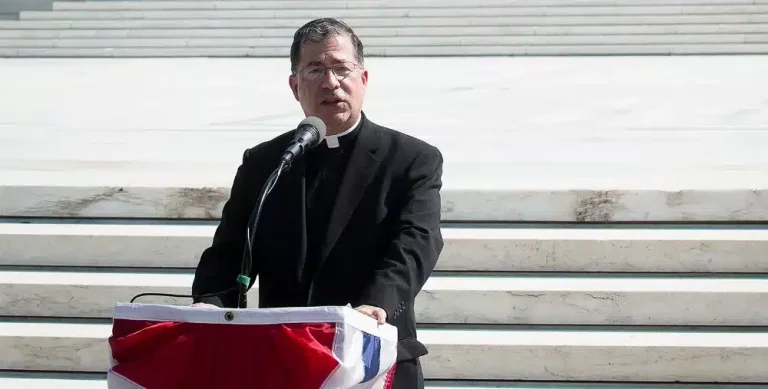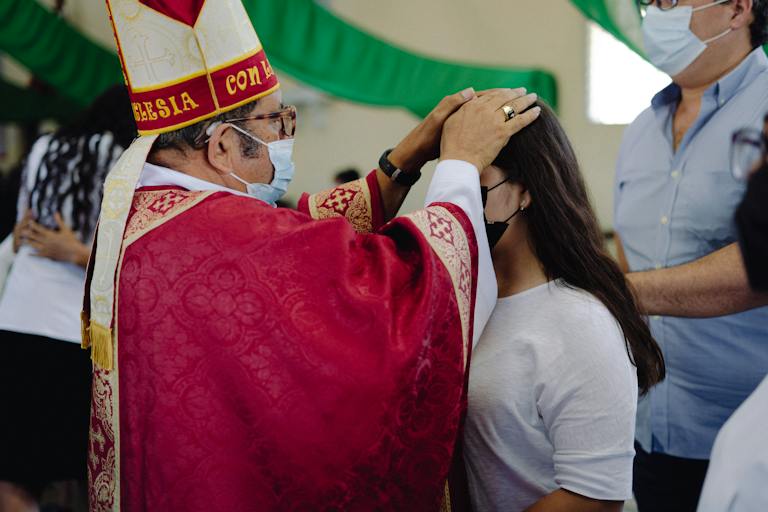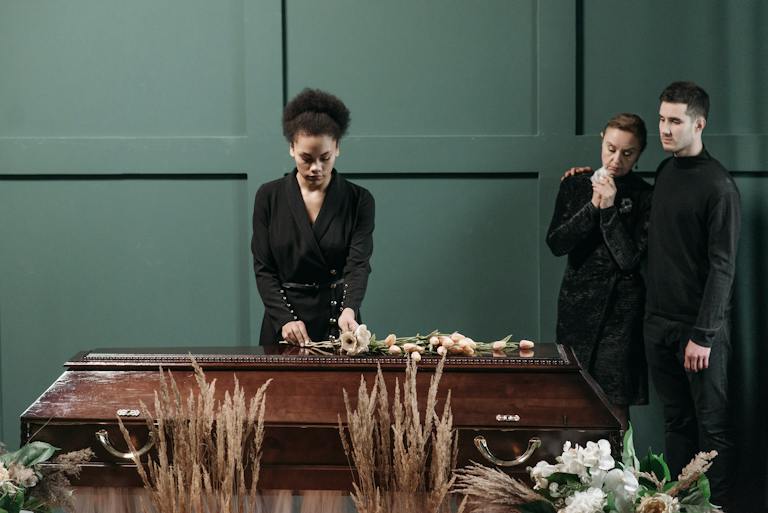Can Catholics eat meat on Friday?
The short answer is that it depends. There are specific liturgical rules around abstinence from meat on Fridays for observant Catholics. However, the strict prohibition on meat has relaxed over time with changes to Canon Law. There are still many Catholics who choose to abstain from meat on Fridays as a penitential practice, while others may substitute special acts of charity or piety instead.
This article provides an overview of the history of Friday abstinence, current church guidance, and the spiritual intent behind this tradition.
The Origin of Abstinence from Meat on Fridays
The practice of abstaining from meat on Fridays has its roots in the early Church. In the 1st century, Christians would fast twice a week on Wednesdays and Fridays as days of penance and preparation before Sunday worship. Over time, this fasting came to specifically exclude animal flesh and meat products on Fridays as a form of sacrifice and penance in honor of Christ’s death on Good Friday.
By the 4th century, the tradition of abstaining from meat on Fridays was a strictly enforced church rule throughout the Western church regions. It became a defined part of Catholic identity and culture for over 1600 years. Both the Eastern and Western branches of Christianity adopted Friday as a weekly day of penance by the end of the 4th century.
Modern Changes to Friday Abstinence
While abstaining from meat on Fridays remained an steadfast expectation for Catholics through the mid-20th century, the strictness of the rules has since relaxed. In 1966, Pope Paul VI released a new apostolic constitution that amended the Friday abstinence discipline to be less binding and more charity focused.
The new norms issued allowed for Catholics to substitute special acts of piety or charity if unable to abstain from meat on Fridays. The Catholic bishops in each region were also permitted to establish revised guidelines on the observance of Friday penance for local church needs. As a result, there is now more variation around Friday abstinence from meat across global Catholic communities.
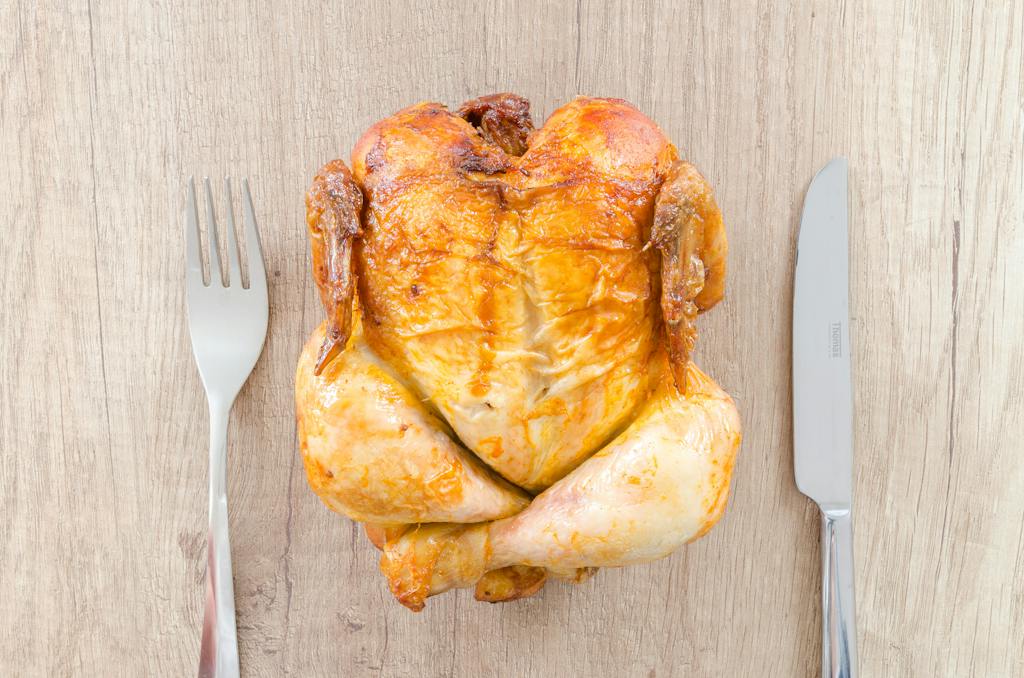
Current Church Guidance on Friday Abstinence
According to the Code of Canon Law (Canon 1251) issued by the Catholic Church, abstinence from meat or other prescribed penitential acts is to be observed by all Catholics 14 years of age or older on all Fridays of the year, unless a solemnity falls on the Friday.
However, abstinence laws and norms can vary from country to country based on the policies set by regional Catholic bishops conferences. Some countries’ guidelines designate Lenten season Fridays and Good Friday as days of mandatory abstinence, while others still encourage weekly Friday abstinence year round.
For instance, in the United States, Catholics are instructed to abstain from meat only on Lenten Fridays. Other Fridays of the year are considered days of penance where voluntary acts of devotion, charity or abstinence can be offered instead as substitutes. On the other hand, Catholics in England, Wales and other regions are still expected to abstain from meat on all Fridays of the year except solemnities.
When in doubt about what constitutes proper Friday penance in your local church, it is best to refer to your bishop’s conference guidelines or check with your parish priest.
Exceptions for Age, Health or Necessity
While Friday abstinence is intended as a near-universal practice in the Catholic church, there are exceptions made depending on age, health conditions or situations of necessity.
Those below the age of 14 are not obliged to abstain from meat or perform substitute penitential acts. However, parents are encouraged to introduce children to small acts of piety or self-denial on Fridays as a practice. Elderly Catholics, as well as those with special health needs requiring meat in their diet, can also be excused from strict abstinence. Additionally, occasions of meals with difficult hospitality where refusing meat would cause alienation or imposition also suffice as exemptions.
Spiritual Intent Behind Friday Abstinence
More than just an old tradition lacking relevance in the modern age, Friday abstinence serves very real spiritual purposes for Catholics. At its heart, this practice remains a communal act of penance and self-denial in union with Christ. By sacrificing meat from our plates one day a week, we identify ourselves with Christ’s ultimate sacrifice and are reminded of the suffering Jesus endured for our salvation.
Friday abstinence also represents a habit of intentional asceticism and bodily restraint. Like athletes training through regular diet and exercise, abstaining from meat strengthens our capacity for self-discipline as followers of Christ. As Pope Paul VI emphasized, acts of penance help Catholics to master disordered passions, make amends for sins, and remind us of our mortality and ultimate purpose in God’s kingdom.
The act of substituting acts of charity for dietary abstinence also redirects our focus toward the good of others in need. By giving up some of our time, talents, or finances in service of marginalized members of our community when unable to fast from meat, we practice solidarity through compassion.
Moving Forward in Unity, not Legalism
While Friday abstinence from meat retains special spiritual symbolism, it is important not to judge our own or others’ Catholic faith solely by visible dietary acts. As Jesus clearly tells us in the Gospel, true holiness before God consists not simply of external practices but the disposition of our hearts.
When it comes to days set aside for communal penance such as Fridays, we must be willing to graciously accommodate the legitimate needs of different groups through the allowances given by the Church. Likewise, we should not let variances in discipline undermine Catholic unity but rather respect the intentions and conscience of fellow believers.
Friday abstinence remains a venerable form of weekly repentance handed down through centuries of tradition. But above all forms and observances, loving God and neighbor stands as the greatest mark of faithful Catholic spirituality.

